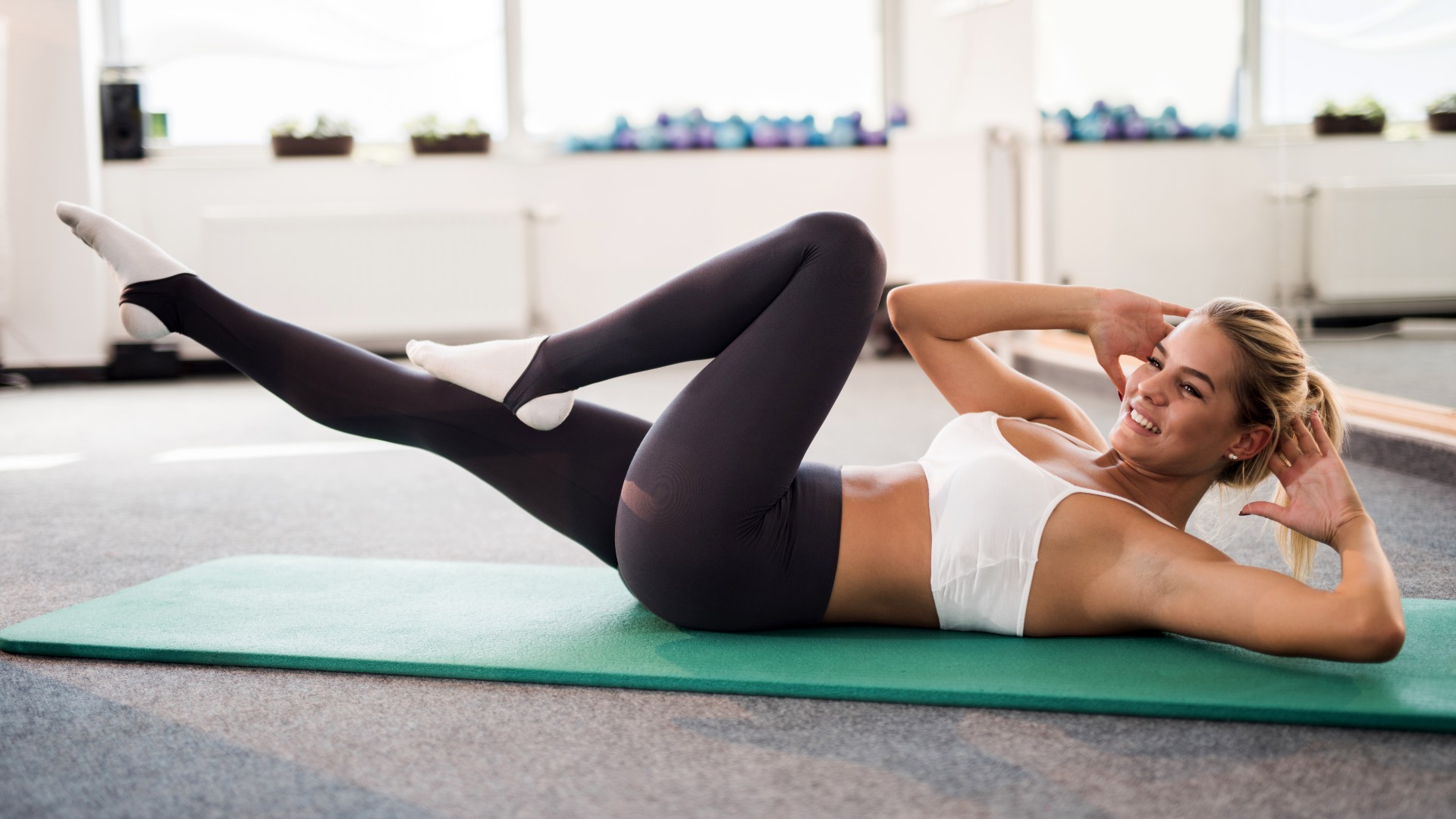
Here at Tom’s Guide our expert editors are committed to bringing you the best news, reviews and guides to help you stay informed and ahead of the curve!
You are now subscribed
Your newsletter sign-up was successful
Want to add more newsletters?

Daily (Mon-Sun)
Tom's Guide Daily
Sign up to get the latest updates on all of your favorite content! From cutting-edge tech news and the hottest streaming buzz to unbeatable deals on the best products and in-depth reviews, we’ve got you covered.

Weekly on Thursday
Tom's AI Guide
Be AI savvy with your weekly newsletter summing up all the biggest AI news you need to know. Plus, analysis from our AI editor and tips on how to use the latest AI tools!

Weekly on Friday
Tom's iGuide
Unlock the vast world of Apple news straight to your inbox. With coverage on everything from exciting product launches to essential software updates, this is your go-to source for the latest updates on all the best Apple content.

Weekly on Monday
Tom's Streaming Guide
Our weekly newsletter is expertly crafted to immerse you in the world of streaming. Stay updated on the latest releases and our top recommendations across your favorite streaming platforms.
Join the club
Get full access to premium articles, exclusive features and a growing list of member rewards.
This 10-minute bodyweight core workout will hit most of your core muscles without technically moving a muscle. Sure enough, you can fire up your abs in the time it takes to eat breakfast without cumbersome weights, a carefully planned schedule or even moving. Here’s how.
The brainchild of Caroline Girvan, the workout is carefully curated to maximize the work on your core in a short 10-minute window. I’m no stranger to Girvan, I tested her dumbbell abs workout that sculpts your core in 15 minutes, and my fitness editor got to work on her dumbbell arm workout, so you could say we’re fans of her workout style.
This isometric core workout is easy to follow and beginner-friendly. The term ‘isometric’ refers to a muscle holding its contraction rather than lengthening or shortening, for example, a plank. There are a whopping 20 isometric exercises in store, and you’ll hold each one for 20 seconds, followed by 10 seconds of rest. One round culminates in 10 minutes of work, but you could repeat for a second round if you’ve got time — and a stomach of steel.
Grab one of the best yoga mats and get ready to move. Or not, as it turns out.
Watch Caroline Girvan’s 10-minute isometric core workout
Girvan reminds you to relax your breath while holding each contraction during the core workout, and she’s right. During uncomfortable planks and balances, it’s tempting to hold your breath and squeeze your core, but research says otherwise; this limits oxygen to your muscles and could increase blood pressure, which isn’t good for the heart and lungs. Instead, breathe into your diaphragm (the space just below your lungs).
Girvan says, “I love incorporating isometrics, from hip thrusts to chest presses to shoulder presses. This video is based on the same technique and applied to core exercises.”
Isometric contraction is a valuable way to hold your muscles under contraction for longer, helping to build and maintain strength without putting stress on your joints. During an isometric exercise, like a plank, you squeeze most of your muscles to hold the move. Your muscle fibers will still fire up, but the contracted muscle isn’t lengthening or shortening like during a bicep curl, for example.
Get instant access to breaking news, the hottest reviews, great deals and helpful tips.
You can do isometric exercises anywhere, building up the time you hold them. They’re also brilliant as rehabilitation exercises for anyone suffering joint pain and sports requiring tons of static muscle strength, like gymnastics and yoga balances. Keen weightlifters also use isometric contraction at the bottom of exercises like a chest press or squat to make muscles work even harder through the full range of motion, a technique called “time-under-tension.”
Girvan says this bodyweight core workout should improve balance, posture, and mind-muscle connection, helping you to focus on which muscles you’re using. Exercises like the hollow hold, V-sit, and boat hold will work your transverse abdominis (a deep “belt” of muscle wrapping around your trunk), rectus abdominis (six-pack muscles), obliques, quads, hip flexors, adductors (inner thigh muscles) and lower back muscles.
The side plank will target your oblique muscles and shoulders, while the superman primarily targets your lower back, glutes, hamstrings, shoulders, and abs. If you struggle with weak hip flexors, Grivan recommends holding your legs higher during “leg lower” movements, when your hip flexor muscles will take a 20-second beating.
If you enjoy lifting weights, your core muscles assist many functional moves like squats and deadlifts and help you to go heavier with less injury risk. Be sure to incorporate regular core strengthening exercises into your routines. Unsure where to start? These are the best ab workouts, and I swear by this bodyweight Pilates ab workout to fire up your glutes and abs.

Sam Hopes is a level 3 qualified trainer, a level 2 Reiki practitioner and fitness editor at Tom's Guide. She is also currently undertaking her Yoga For Athletes training course.
Sam has written for various fitness brands and websites over the years and has experience across brands at Future, such as Live Science, Fit&Well, Coach, and T3.
Having coached at fitness studios like F45 and Virgin Active and personal trained, Sam now primarily teaches outdoor bootcamps, bodyweight, calisthenics and kettlebells.
She also coaches mobility and flexibility classes several times a week and believes that true strength comes from a holistic approach to training your body.
Sam has completed two mixed doubles Hyrox competitions in London and the Netherlands and finished her first doubles attempt in 1:11.
 Club Benefits
Club Benefits






